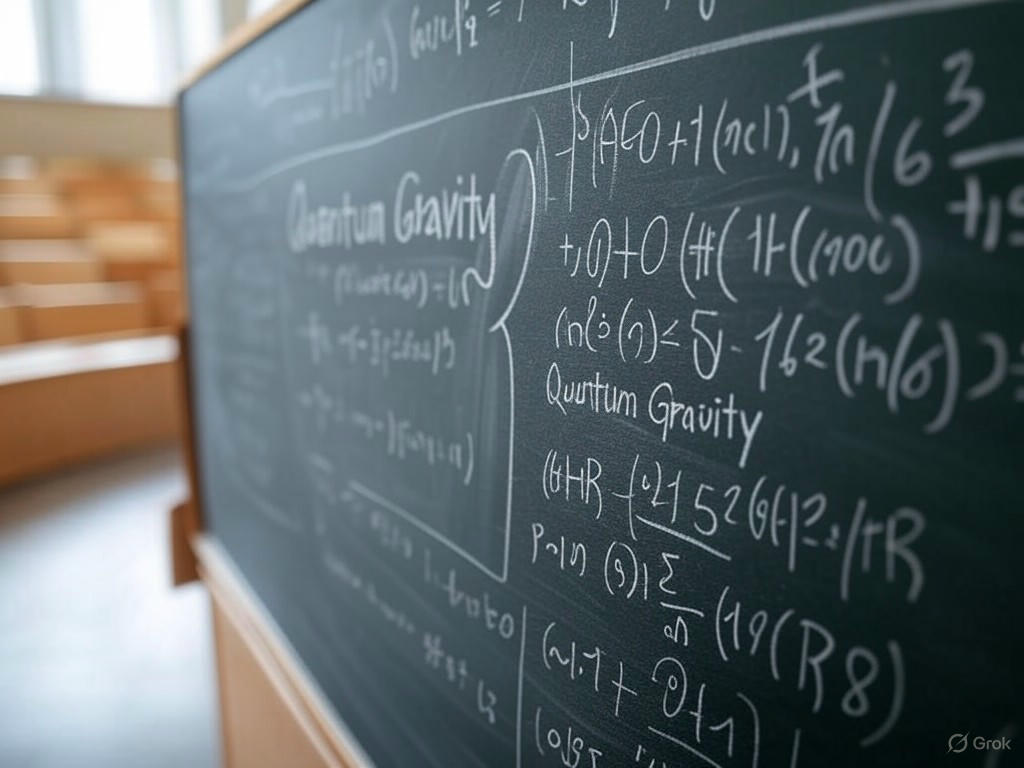In the ever-evolving landscape of theoretical physics, a groundbreaking idea has emerged, promising to bridge the elusive gap between quantum mechanics and gravity. For decades, scientists have wrestled with the challenge of unifying these two pillars of modern physics into a cohesive ‘Theory of Everything.’ This new hypothesis, recently gaining traction among researchers, could potentially reshape our understanding of the universe—and even challenge the foundational principles laid out by Albert Einstein over a century ago.
At the heart of this theory lies the persistent problem of quantum gravity. Quantum mechanics, which governs the behavior of particles at the smallest scales, operates under rules that seem incompatible with Einstein’s theory of general relativity, which describes gravity as the curvature of spacetime caused by mass and energy. When scientists attempt to apply quantum principles to gravity, the mathematics often breaks down, yielding nonsensical results. This disconnect has left a void in physics, preventing a complete picture of how the universe functions at its most fundamental level. The new theory proposes a radical framework that reimagines the nature of spacetime itself, suggesting it might emerge from the entanglement of quantum states rather than existing as a fixed backdrop. If proven, this could mean that gravity isn’t a fundamental force at all but rather a byproduct of deeper quantum interactions.
What makes this development particularly exciting is its potential to test long-standing assumptions. Einstein’s general relativity has been extraordinarily successful in explaining phenomena like black holes and the expansion of the universe, but it falters when applied to the subatomic realm. The proponents of this theory argue that their model could reveal flaws in Einstein’s work, opening the door to a more comprehensive understanding of reality. They are working on ways to test their ideas through indirect observations, such as studying the behavior of particles in extreme conditions or analyzing ripples in spacetime caused by cosmic events. While direct evidence remains elusive, advancements in technology, like more precise gravitational wave detectors, could soon provide the data needed to validate or refute these bold claims.
The implications of this theory extend far beyond academic curiosity. If successful, it could revolutionize fields ranging from cosmology to quantum computing, offering new insights into the Big Bang, the nature of black holes, and even the possibility of extra dimensions. However, the road ahead is fraught with challenges. Skeptics caution that unifying quantum mechanics and gravity has been a goal for nearly a century, with many promising ideas falling short. Yet, the audacity of this new approach has reignited hope among physicists worldwide.
As research progresses, the scientific community watches with bated breath. This theory might not only redefine our grasp of the cosmos but also honor the spirit of inquiry that drives physics forward. Whether it proves Einstein wrong or builds upon his legacy, one thing is certain: the quest for a Theory of Everything is far from over, and the universe still holds countless secrets waiting to be uncovered.
